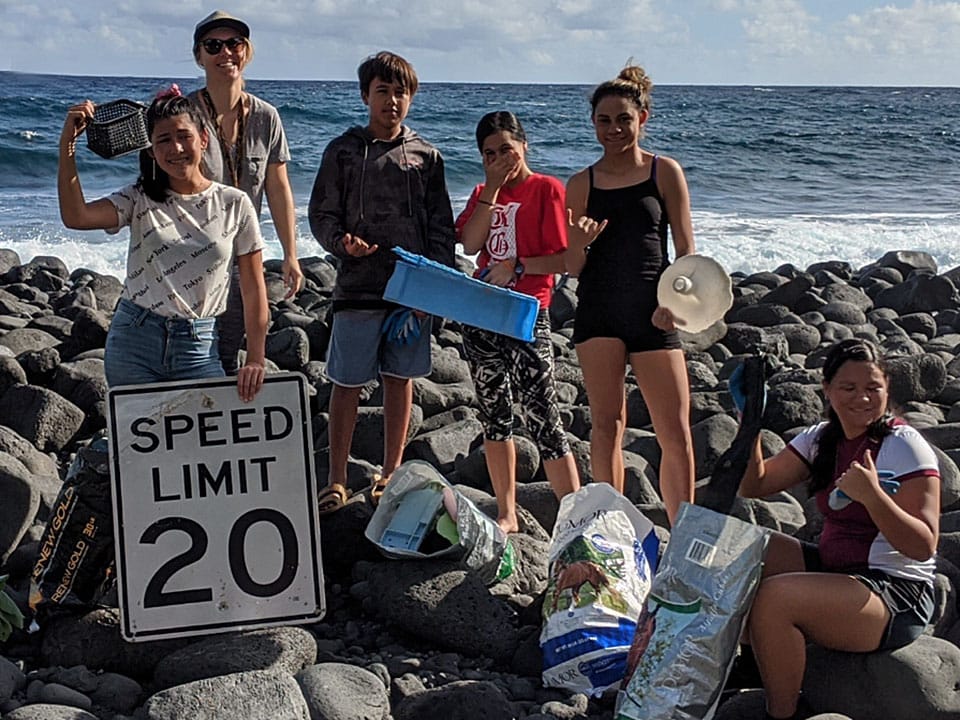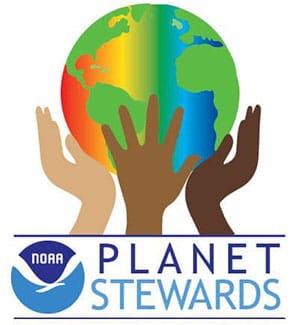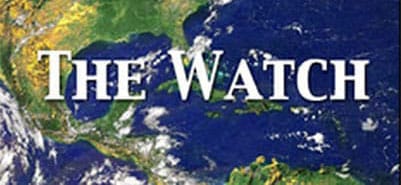About the Program
NOAA Planet Stewards supports educators through funding to carry out hands-on, action-based stewardship projects with elementary through college age students, as well as the general public. Stewardship projects must make a substantive, measurable impact on an environmental issue related to the educator’s community. Educators completing their stewardship project and all reporting requirements may be invited to:
- Represent NOAA Planet Stewards at a national science education conference or NOAA Planet Stewards workshops to offer a formal presentation of their work.
- Receive invitations to special events and professional development opportunities.
- Publish work in the nationally distributed, peer-reviewed journal of the National Earth Science Teachers Association.
Project Focus Areas
The two stewardship project focus areas are:
- Marine debris and waste reduction: Marine debris or waste reduction projects may remove trash or litter from the environment, prevent marine debris or litter from entering the environment by reducing the use of plastic materials in the community, divert food or other waste from landfills through composting or other methods, or increase the adoption of recycling, composting, etc.
- Habitat conservation and restoration: These projects work to care for human communities and local, native habitats. Stewardship activities may include, but are not limited to, removing invasive vegetation, planting native flora, construction or installation of restoration infrastructure (reef balls or other structures), as well as nature-based solutions that make human communities more resilient to the impacts of flooding, drought, heat island effects, or other environmental challenges.
Visit our Focus Area Resources page for more information about these topics and resources to consider when planning a project:
Focus Area Resources
Eligibility
When open, the NOAA Planet Stewards program is available to all formal and informal educators working with elementary through college-age students, as well as the general public.
Preference is given to:
- Educators actively working in pairs or groups.
- Educators proposing projects that engage multiple classrooms, grade bands, entire schools, or multiple schools.
- Educators with organizational leadership roles, skills, or other activities that give the applicant an advantage in completing their project.
- Projects engaging partners external to the submitting educator’s school or organization, especially partners that provide tangible in-kind support.
- Projects designed/with plans to persist beyond the federal funding period.
Individuals who have previously been awarded funds by NOAA Planet Stewards may submit applications for funding to carry out stewardship projects in subsequent years. The proposed projects must be significantly different from previously funded projects, or significantly expand the scope or impact of a previously funded project (e.g., involve significantly more/different types of students and/or members of the community, increase the quantitative impact of their project, etc.).
If an educator currently completing a stewardship project would like to apply for funding for the subsequent year, a progress report demonstrating significant progress in a current project is required.
Funding Conditions
NOAA Planet Stewards funds are only allocated to a school, a school district, a not-for-profit organization, or institution affiliated with the educator applicants. Funds are not allocated directly to educators.
Project funds are disbursed to support the implementation of stewardship projects and must be directly applied toward resources and activities leading toward the successful completion of the identified project.
Funds cannot be used for:
- Salaries (except for substitute teachers in formal education settings).
- Costs associated with educators’ own attendance at professional conferences or personal professional development (including transportation/lodging/fees).
- Overhead costs.
Apply for Funding
Keep an eye on this page for additional information about future funding opportunities. Learn more about the application process and developing a project plan.
Past Projects: What Success Looks Like
With support from NOAA Planet Stewards, educators across the country have engaged in a wide variety of stewardship projects in their communities. They have effected real change by reducing marine debris; engaged in inland, coastal, and underwater habitat conservation and restoration; reduced their carbon footprints; and increased carbon sequestration. Read more about their efforts and successes.

Field day cleanup at Waikaloa Beach, where 32 pounds of marine debris was removed. Credit: Briana Craig


Social